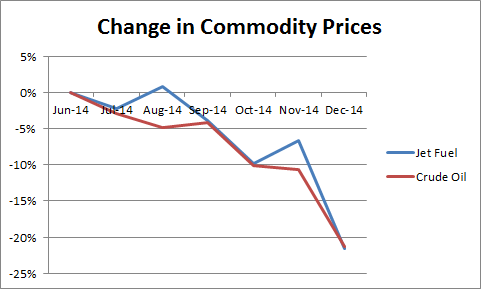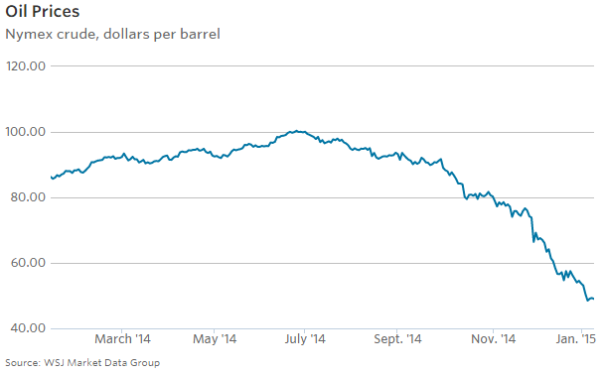Blog Archives
… Gas Prices
I hope I’m not biting off more than I can chew with this post, but it is important and interesting. Gas prices are going down – 8% since the end of June, and maybe further as we continue into the fall. And that is certainly good news. American consumers will spend less on gasoline, which means more money left over to spur other sectors of the economy and to retire debt and save.
A lot of times big news outlets only focus on a few determinants of gas prices when they talk about the economics of gas and oil, but it is a vast and complicated market that is not homogeneous worldwide or within the United States.
 66% of the price of a gallon of gasoline is determined by the price of oil. Big news outlets like to talk about a few themes when they talk about the price of oil: rising consumption in emerging markets, such as China, and rising production in the US, coming from North Dakota’s Bakken Shale. In addition, they cover the price of oil. The most commonly cited price of oil are West Texas Intermediate (WTI) contracts traded on the NY Mercantile Exchange (NYMEX). However, unlike stocks and bonds which can be traded and transferred digitally, ultimately, for every oil contract, someone has to take delivery of the physical commodity. And due to the realities of geography, climate, and geopolitics, it isn’t possible to charge the same amount all over the world.
66% of the price of a gallon of gasoline is determined by the price of oil. Big news outlets like to talk about a few themes when they talk about the price of oil: rising consumption in emerging markets, such as China, and rising production in the US, coming from North Dakota’s Bakken Shale. In addition, they cover the price of oil. The most commonly cited price of oil are West Texas Intermediate (WTI) contracts traded on the NY Mercantile Exchange (NYMEX). However, unlike stocks and bonds which can be traded and transferred digitally, ultimately, for every oil contract, someone has to take delivery of the physical commodity. And due to the realities of geography, climate, and geopolitics, it isn’t possible to charge the same amount all over the world.
When we talk about gasoline, the buyers of the crude oil that we care about are the refineries. The US has refineries on all of our coasts: the East Coast, the West Coast, and the Gulf Coast. But all of these regions are sourcing oil from different parts of the world. Increasing levels of the North Dakota oil are heading East. The Gulf is importing high quality overseas oil, so that leaves the West Coast importing more expensive oversea oil, which is more expensive to refine.
One man that is embroiled in what very well may be the world’s most important logistical system is everyone’s favorite octogenarian, Warren Buffett. A large part of his conglomerate’s business is rail shipping, which includes North Dakotan oil. However, given capacity constraints, he has to balance oil shipments with grain shipments. When he is taking on too much oil the agriculture industry and food security experts get in a fuss (Warren even had a private talking-to with the Agriculture Secretary last week), and when he is shipping grains instead of black gold, every who cares about gas prices is up in a huff.
Ever since the Arab oil embargo the United States government has banned the export of US crude oil. Therefore, despite the rising domestic US oil production, it only has a muted effect on international oil prices. So all the refineries importing foreign oil, especially those on the West Coast and the Gulf Coast (since most of the good stuff from North Dakota is heading to the East Coast), are still beholden to international geopolitics. The good news is that international prices are down 16% since the end of June (US prices are only down 11% in the same time period).
Ukraine! Gaza! ISIS! Syria! Libya! Ebola! Egypt! How is it that international prices are down? The fact of the matter is that many of these conflicts have not adversely effected oil extraction and shipping to enough extent to disrupt prices. But I personally feel like there is still a lot of possibility for a shock event to push prices higher. For instance, the capital of Yemen, Sana’a has recently resembled a battlefield. Who knows how this could affect prices if there is an unexpected outcome. Even more so, if Ebola spreads through Nigeria and other West African countries that are large oil exporters there could be widespread export disruptions, driving up prices. That’s not to mention if Russian sanctions over Ukraine spill over into the energy sector, if ISIS expands its territory and the world blacklists its oil, or the Libyan conflict turns into a more disruptive civil war.
Right now the cheapest gasoline can be found in the South, and the most expensive in the Northwest. State gasoline taxes also play a huge role in the final price at the pump, but this is purely a political phenomenon, not an economical one. Next time you fill up or hear or read a news story on oil or gas try to remember that the economics of the issue is a lot more complicated than the story may lead you to believe, and that prices may not stay this low forever.
This is part three of a four-part series of posts on the Economics of Oil. Other posts:
The Economics of International Oil Price Conspiracies
The Economics of Bitcoin Mining
Sources:
http://www.eia.gov/petroleum/gasdiesel/
http://www.nytimes.com/interactive/2014/09/16/world/middleeast/how-isis-works.html?ref=world&_r=0



